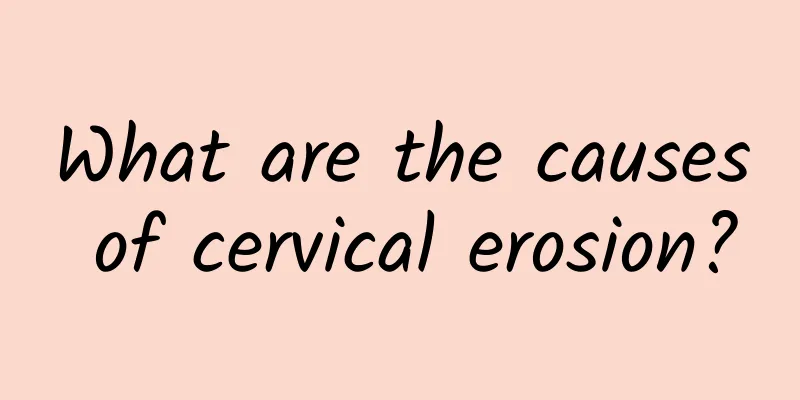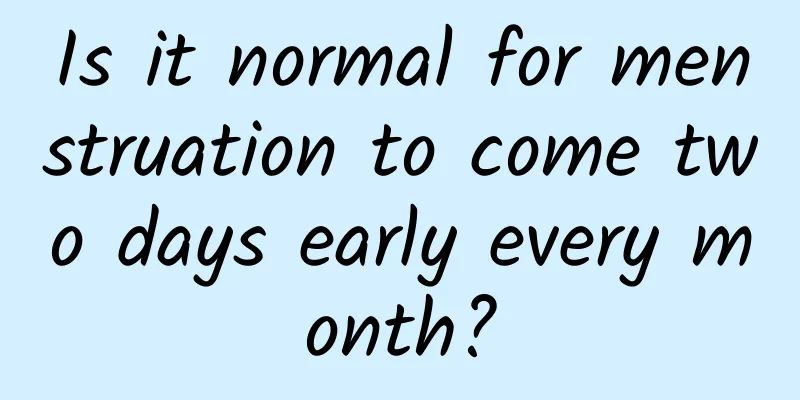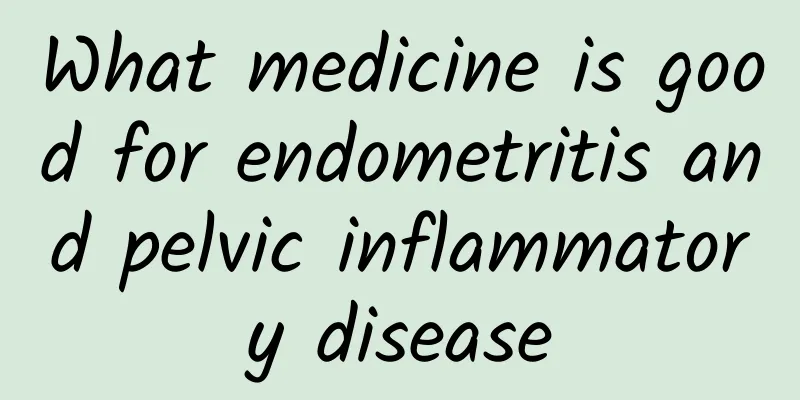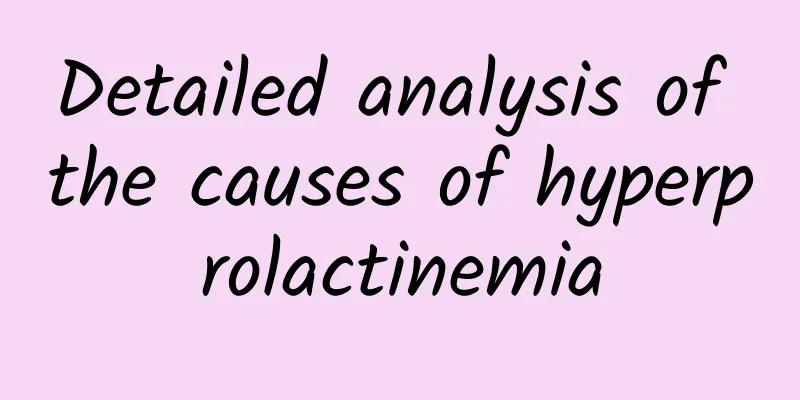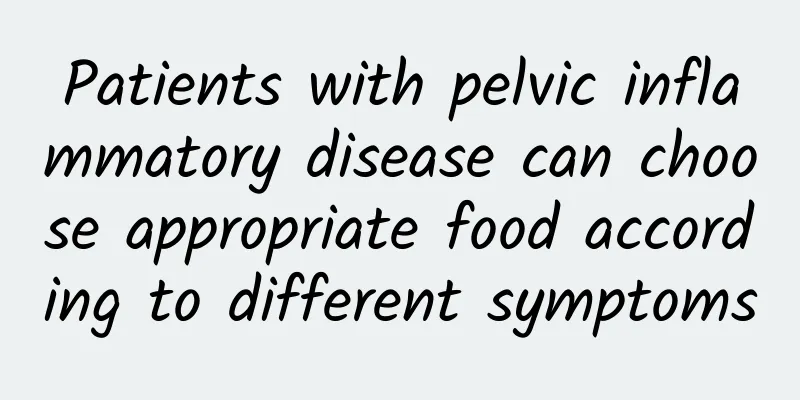Do you always have a "second stomach" for dessert? Medical revelation: Specific perception of satiety is at work! Reducing the number of food items can improve
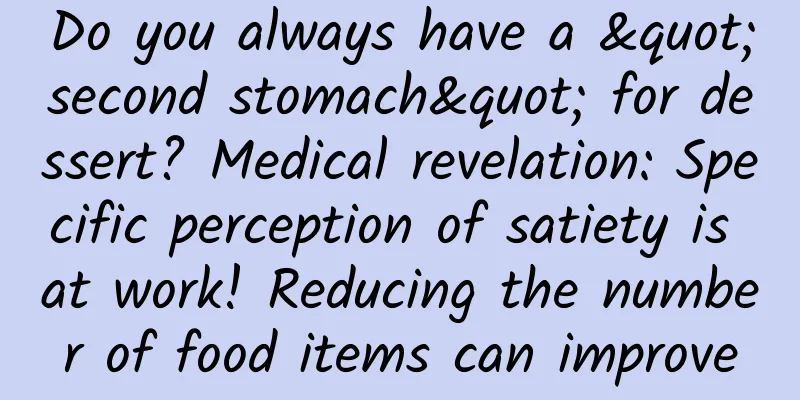
|
Even though I am full, I can still continue to enjoy various sweets after the meal. It’s scientifically proven that when you switch to a different type of food, your brain rekindles your desire to eat. I believe everyone has had this experience: when you go to an all-you-can-eat restaurant, no matter how much hot pot or barbecue you eat, you can always have a brownie and a bowl of Haagen-Dazs after the meal. Dessert goes in the second stomach, right? Now let's do a thought experiment. Please imagine in your mind: it's the same all-you-can-eat day today, but the buffet bar only has sweets such as donuts, ice cream, chocolate pots, cheese, soda, and juice. When you are about 80% full, the waiter will come to the table to make the final order, but this time you can order anything you want. At this time, you may want to change your taste and eat something salty, right? "Specific perception of satiety" makes people eat more unconsciously No matter how delicious something is, you will get tired of it if you eat too much and will want to change your taste and eat something different. This phenomenon is called "Sensory-specific satiety". I can't find a widely accepted Chinese translation, so let's call it "specific sensory satiety." Studies have shown that if we can only eat one or two foods at a meal, we will quickly get bored and are less likely to overeat. But the more types of food there are in a meal, the more calories people eat. I have seen people in all-you-can-eat restaurants become unable to move or even vomit because they ate too much more than once. This is not only about getting value for money, not only because the food is delicious, but also because of a specific sense of satiety. After eating, vision, smell, taste and even touch are transmitted to the frontal lobe of the brain, producing pleasant neural signals. But as we eat more and more of the same food, the signal strength will decay, which means that the brain likes this food less and less. At this time, if you change to food with different flavors, for example, from salty food to sweet food, the signal in the frontal lobe will be reactivated. This is the origin of the "dessert stomach phenomenon". The specific perception of satiety has nothing to do with memory. This brain mechanism exists in the subconscious and is not something you and I can easily control. Scientists have found that some patients with amnesia cannot remember whether they have eaten. But if several kinds of food are placed in front of him, he will still choose the one he didn't eat in the previous meal. In fact, this is a mechanism that is very consistent with the human survival instinct, because if we only eat one or two kinds of food all the time, we will easily suffer from nutrient deficiencies. So the human brain evolved this mechanism to encourage diverse eating. Reducing the number of food items can help reduce appetite and calories But evolution did not predict that humans would one day develop a large variety of delicious foods that were inexpensive and plentiful. The instinct that was originally used to prevent nutritional deficiencies is now greatly fueling obesity. Specific perceived satiety also explains why all diets seem effective in the short term. Whether it is a low-fat, low-carb, ketogenic, vegan, high-protein, or gluten-free diet, the intake of certain types of food will be restricted. Because of a specific sense of fullness, reducing the variety of food will reduce the amount a person eats, and will also reduce his appetite and calorie intake. So why do two completely different approaches of using a low-fat or low-carb diet to lose weight, one not eating fat and the other eating a lot of fat, have successful cases? Are there any studies proving their effectiveness? I think part of it has to do with the nature of human taste. As for how those who want to lose weight can turn the above knowledge into daily actions? 1. Limit yourself to 3 to 5 dishes at an all-you-can-eat restaurant and limit your food intake based on a specific sense of fullness. If you don’t trust your own self-control, just turn down all invitations to all-you-can-eat meals! 2. You don’t have to eat bland and tasteless food when losing weight, but you should avoid having a variety of flavors in one meal. By simplifying the taste of dishes, appetite will naturally be controlled. Dr. Scott's 1-minute reminder Any new taste will "open a person's second stomach." Therefore, those who want to lose weight can control their appetite by reducing the number of dishes at each meal! This article is selected from Sancai Culture's "One-Minute Weight Loss Classroom 2 Dr. Scott's Scientific Guide to Muscle Gain and Fat Loss: The Latest Scientific Research X Seconds to Understand Chart Analysis, Debunking 41 Weight Loss Myths! 》 |
Recommend
What is the difference between induced abortion and abortion?
Both induced labor and artificial abortion are me...
What does some hydatidiform mole mean?
What does some hydatidiform mole mean? Due to exc...
What causes mild cervical erosion? How to prevent it?
Cervical erosion can be divided into three types:...
What are the common dangers of pelvic inflammatory disease?
Experts remind that pelvic inflammatory disease s...
Can I get pregnant if I have cervical erosion of degree 2?
Among gynecological diseases, there are many very...
Can I get pregnant if I have vulvar leukoplakia?
The appearance of vulvar leukoplakia is very harm...
The dangers of Bartholinitis
At present, with the continuous improvement of hu...
What is the treatment method for female vaginitis?
What are the treatment methods for female vaginit...
What are the common sense for preventing chronic pelvic inflammatory disease?
In life, chronic pelvic inflammatory disease has ...
How to best deal with ectopic pregnancy
Ectopic pregnancy, also known as ectopic pregnanc...
How to distinguish lochia from menstruation?
How to distinguish lochia from menstruation? Whet...
How to treat cervical adhesion after abortion
Post-abortion cervical adhesions usually require ...
What are the symptoms of ovarian cysts and how to detect them
How to detect the symptoms of ovarian cysts? 1. T...
Acupuncture is a difficult treatment for "dysfunctional uterine bleeding"
Traditional Chinese medicine calls functional ute...
What soup is better for uterine fibroids in autumn? What is better to eat in autumn for uterine fibroids?
What kind of soup is best for uterine fibroids in...
